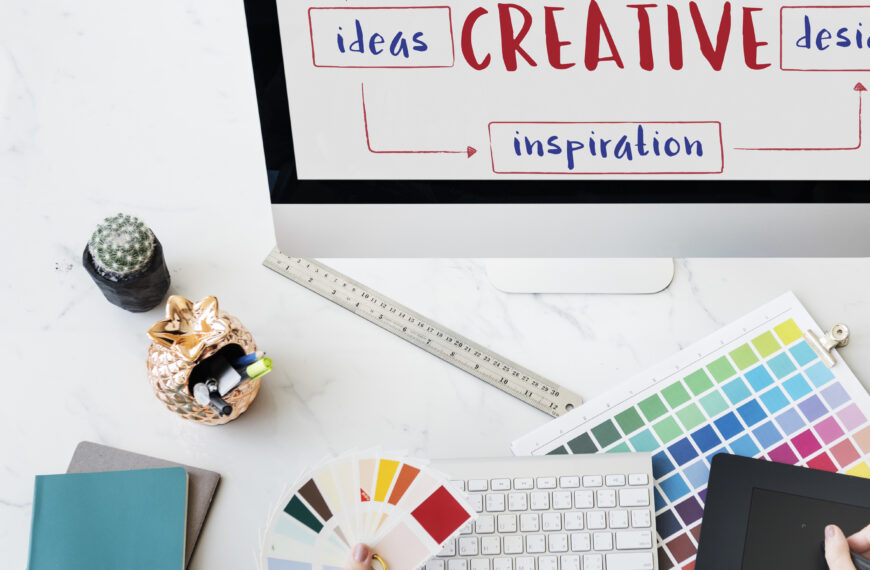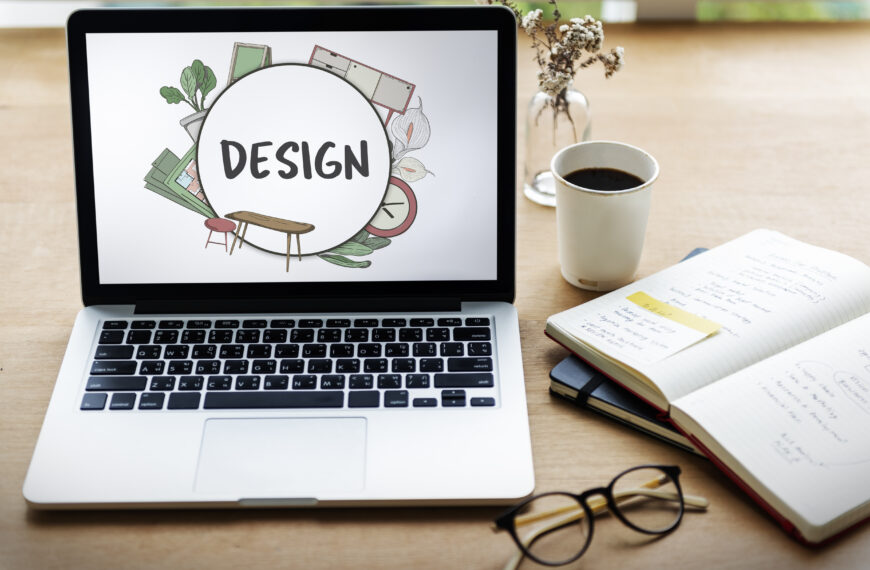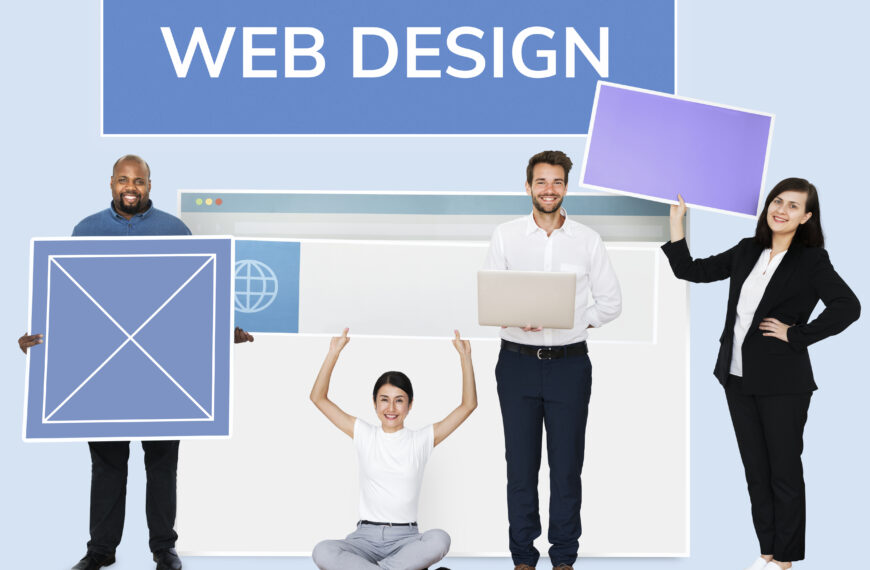Why Graphic Design Is More Than Just Aesthetic
Graphic design is the silent ambassador of your brand. In today’s fast-paced world, where attention spans are shorter than ever, design speaks before you even get the chance to say a word. It delivers your message instantly through color, layout, typography, and imagery.
A well-designed visual can create trust, prompt action, or evoke emotion long before anyone reads your copy or hears your pitch. That’s the power of graphic design: it translates your ideas into visual stories that audiences understand and connect with at a glance.
At Design Junction Digital, the belief is simple—great design isn’t just seen, it’s felt. It creates first impressions that last and speaks on your behalf in the most competitive digital spaces. This article explores how design speaks before and how you can use that to your advantage.

Visual Language: The Core of Instant Communication
Graphic design is a language, and every element—color, shape, and space—plays a part in how it communicates.
- Color evokes emotion and sets the mood
- Typography reflects tone and professionalism
- Imagery tells your story without needing text
This visual language enables brands to deliver messages with clarity and impact. Whether it’s a social media post or a product label, remember that design speaks before your audience reads or listens. A strong visual impression creates engagement, and poor design can drive viewers away in seconds.
To build visuals that work, begin with intention and clarity in what you want your design to say.
Emotional Design: Connecting Through Feeling First
People make emotional decisions before logical ones. Great design taps into these emotions with visual triggers that make people feel something—whether it’s excitement, trust, nostalgia, or inspiration.
Here’s how you can create emotional design:
- Use relatable imagery that reflects your audience’s values
- Select color palettes that evoke the right emotional cues
- Choose fonts that convey the appropriate mood and tone
This is where design speaks before your brand’s voice. It communicates values and identity through emotion before your audience processes any details. Emotional design builds trust, recognition, and loyalty—making people feel seen and understood.
Design Consistency: Building Brand Trust Across All Touchpoints
Consistency in design ensures that your brand is recognized and trusted no matter where it’s seen. When visual elements like color schemes, logos, and typography stay uniform, they reinforce your brand’s personality.
Benefits of consistent design:
- Builds visual recognition
- Creates a sense of reliability and professionalism
- Reinforces brand messaging over time
When design speaks before, consistency makes the message clear and familiar. If your website, brochures, and social media posts feel disjointed, your audience gets confused. A cohesive design system across all platforms ensures that every interaction supports your brand promise.
Explore full-service creative solutions at Safely Works to help develop consistent and compelling visuals across every channel.
Functionality Meets Creativity: The Balance of Purpose and Aesthetics
Effective graphic design is a balance between form and function. A visually stunning design that doesn’t serve a purpose or guide user action fails its mission. On the flip side, purely functional design can appear dull and uninspiring.
Keys to blending function and beauty:
- Prioritize readability and user experience
- Ensure visuals support marketing goals
- Incorporate call-to-actions in intuitive placements
When design speaks before, it not only catches the eye but also leads the user where you want them to go. Whether it’s a click, a scroll, or a sale, purposeful design turns passive viewers into active participants.
Trends vs. Timelessness: What Should Your Design Say?
Design trends come and go, but timeless design principles endure. While it’s tempting to chase the latest fads, your brand needs a foundation that won’t feel outdated in six months.
To strike the right balance:
- Use modern elements in moderation
- Focus on clear communication and simplicity
- Adapt trends only when they enhance your brand’s message
Design speaks before trends. If your design doesn’t align with your audience or brand values, it becomes noise. Create a visual identity that evolves strategically while staying grounded in your brand’s core message.
For more design strategies and inspiration, browse graphic design blogs that explore both trending and evergreen topics in depth.
Real-World Impact: How Design Drives Results
Graphic design doesn’t just look good—it drives business outcomes. From increasing conversion rates to strengthening brand loyalty, design impacts the bottom line.
Real-world examples of design effectiveness:
- Improved packaging design that boosts product appeal
- Website redesign that increases user engagement and sales
- Social media graphics that improve click-through rates
This is where design speaks before numbers show results. Design creates the emotional connection that motivates decision-making, and ultimately, customer behavior. Tracking these results helps you optimize your visual content for even greater impact.
Conclusion: Make Every Pixel Count
In an image-driven world, graphic design is no longer optional—it’s essential. Whether you’re launching a product, building a brand, or telling a story, remember this: design speaks before anything else. It shapes perceptions, stirs emotion, and influences action—often in less than a second.
When you align your visuals with your brand’s purpose, values, and goals, your design does the talking for you—and it speaks volumes. Invest in thoughtful, strategic design to create experiences that resonate and endure. Because in the end, the right design doesn’t just communicate—it connects.

















